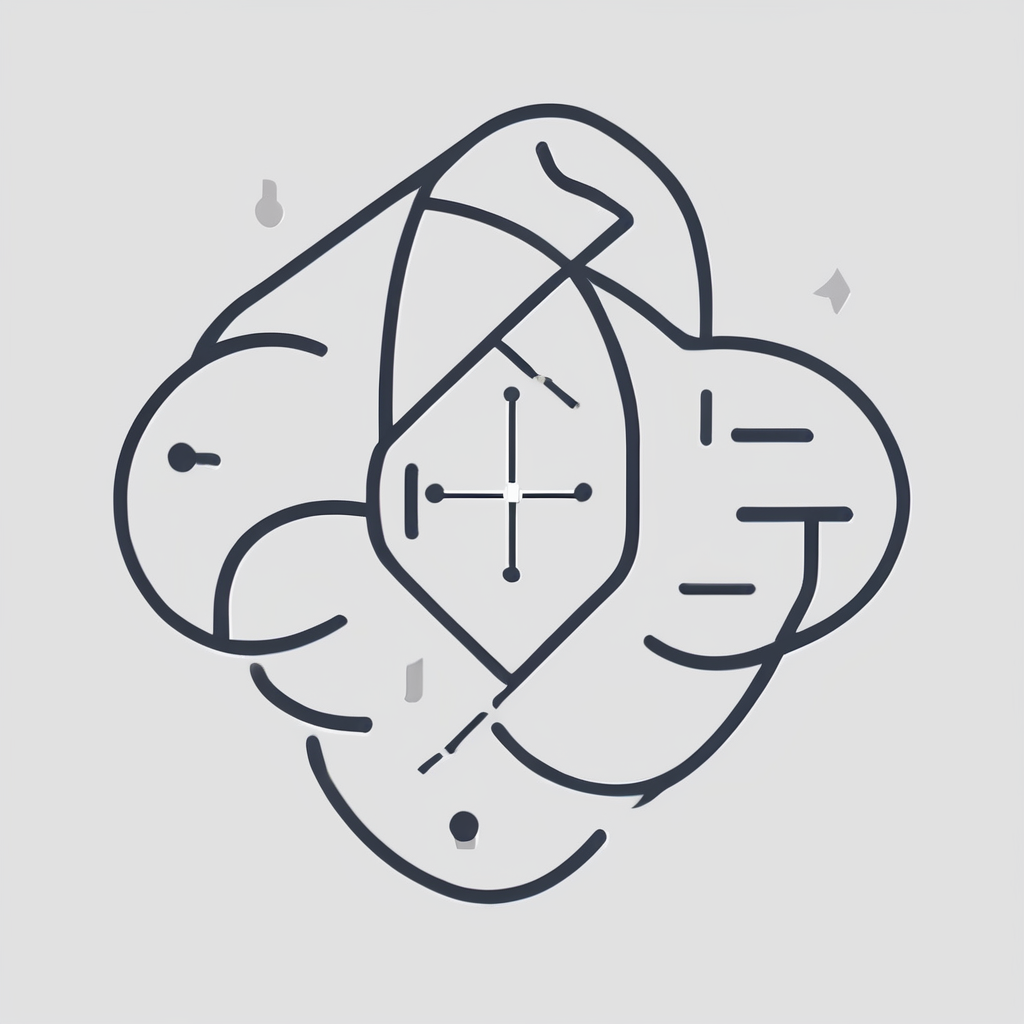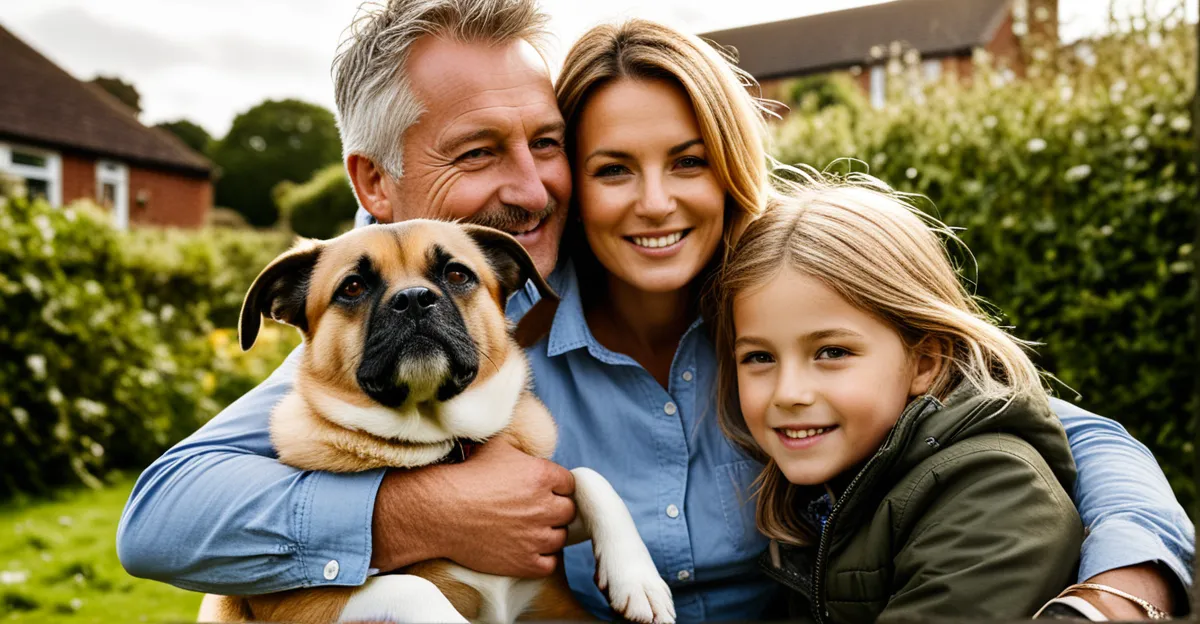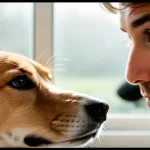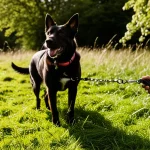Historical Context of Pet Ownership in the UK
The history of pets in the UK reveals how pet ownership has been a vibrant and evolving part of family dynamics for centuries. Pets have transitioned from mere utility companions in the medieval era to beloved family members in the modern day. This change is not only reflective of societal progress but also of changing family values and dynamics.
Pet ownership trends have shown significant shifts over the decades. For instance, during the Victorian era, keeping pets became a symbol of affluence and social status. As living standards improved throughout the 20th century, pets became more accessible to a wide range of households. Data indicates a sharp increase in pet ownership post-World War II, coinciding with economic recovery and the birth of the so-called “nuclear family.”
Also to read : How Does Owning a Pet Impact Your Daily Routine in the UK?
Family dynamics have always influenced and been influenced by the presence of pets. Originally, pets served primarily as working animals. However, over time, their role shifted toward emotional companionship. Historical events, such as wars, economic booms, and even the rise of urban living, have consistently led families to consider pets as integral members. In more recent decades, a movement towards individualism and smaller family units has cemented pets’ roles as centers of affection and household bonding.
Understanding the historical backdrop of pet ownership provides valuable insight into current family-pet relationships in the UK, reflecting broader societal shifts and evolving cultural values. This insight can help anticipate future trends, where pets might play an even more prominent role in British family life.
This might interest you : How Can You Engage Your Pet in Outdoor Activities Safely in the UK?
## Emotional Support and Companionship
Pets, often valued for their companionship, provide a significant **emotional support** role within UK families. They are known to uplift spirits and offer solace in times of distress. The presence of a pet can offer a remarkable comfort, creating a stable emotional environment that encourages mental well-being. Studies reveal a clear correlation between **pet ownership and improved mental health**, with many owners reporting decreased feelings of loneliness and anxiety.
The profound emotional bonds between pets and their families can often be seen. Personal anecdotes frequently highlight how pivotal pets become in providing unwavering support, enhancing the quality of family life. Families often consider pets as non-judgmental companions, leading to a deeper sense of connection and purpose. These emotional benefits not only strengthen familial ties but also demonstrate the critical role pets play in improving overall family mental health.
Responsibilities and Family Roles
The responsibilities of pet ownership significantly affect family structure and household dynamics across the UK. Caretaking tasks are often distributed among family members, promoting a sense of teamwork and shared responsibility. Children, for example, benefit from the opportunity to learn essential life skills such as empathy, time management, and accountability through daily pet care duties.
Family roles evolve dynamically with the introduction of a pet. Parenting styles often adapt to include opportunities for teaching and guiding children in animal care, fostering a sense of commitment and nurturing. This shift not only influences children’s developmental growth but also fortifies familial bonds through mutual engagement in pet-related activities.
Moreover, changes in family roles are noticeable as pets are integrated into household routines. Responsibilities like feeding, grooming, and medical care may be strategically allotted based on members’ availability or preference, encouraging cooperation and adaptability. These shifts illustrate how household dynamics realign to accommodate the needs of pets, enriching the family unit’s cohesion and functionality.
Sociocultural Influences on Pet Ownership
The sociocultural trends surrounding pet ownership in the UK are multifaceted, reflecting deeper societal norms and values. These influences have shaped pet ownership trends significantly. As society has evolved, so too has the role of pets, integrating them into not only family routines but also broader cultural events. For instance, pets have become central to various social gatherings and celebrations, further embedding them into the fabric of contemporary family life.
Social media and advertising have amplified these trends, making pets a staple in family portrayals. The portrayal of pets in online platforms often highlights their integration into family events, ranging from simple daily activities to lavish birthday parties. This visibility has prompted increased pet adoption rates, as images of the ideal pet-friendly family resonate with many household dynamics.
Lifestyle changes also play a pivotal role. The shift towards urban living and apartment dwellings has fostered the popularity of smaller pets, such as cats and small dog breeds, reflecting a response to space constraints and lifestyle adjustments. Additionally, cultural preferences have swayed the adoption of particular breeds or species, with some families considering the prestige or social statement associated with exotic pet ownership.
Overall, pets and society in the UK continue to evolve with shifting sociocultural landscapes. As family structures become more diverse and non-traditional, the dynamic between pets and family members will likely continue to adapt, supported by ongoing influences from societal norms and the omnipresence of media representation.
Changes in Family Structure
The family structure in the UK has seen significant changes over recent decades, reflecting broader societal shifts. As more diverse family models emerge, such as single-parent or blended families, the influence on pet ownership is palpable. These families have shown a growing adoption rate, as pets often become sources of stability and companionship in changing domestic environments. Pets offer emotional continuity, fostering an environment enriched by love and support.
Cohabitation and non-traditional family structures play a crucial role in determining pet accessibility. For instance, cohabiting partners often choose pets as a step before having children, testing their readiness for shared responsibilities. Similarly, non-traditional family structures may face space and financial constraints, yet prioritize pets for the emotional bonds they provide.
Wildlife in families presents an intriguing trend, with many households choosing exotic pets over traditional ones. This choice is often influenced by individual family members’ curiosity and desire to stand out. However, regulations surrounding such ownership are stricter, requiring families to be well-informed about the care required by these non-traditional pets. Nonetheless, exotic pets can offer unique companionship experiences, enriching the familial fabric in unconventional ways. As family dynamics continue to evolve, pets remain an integral element, reflecting the ever-diversifying nature of family life in the UK.
Future of Pets in UK Family Dynamics
As lifestyle changes continue to shape UK family dynamics, the future of pet ownership appears poised for further evolution. Anticipated trends suggest a growing integration of technology into pet care, enhancing the way families interact with their animal companions. Devices such as automated feeders and GPS trackers are likely to become commonplace, offering convenience and safety for both pets and owners.
Predictive insights indicate that with increasing urbanization, families may gravitate towards low-maintenance pets that adapt well to apartment living, such as smaller dog breeds or cats. Moreover, technology could redefine how companionship is provided, possibly introducing robotic pets that cater to families unable to accommodate live animals. These developments highlight the adaptive nature of pet roles, ensuring they remain relevant amidst the ever-shifting landscape of family dynamics.
The potential impacts on family relationships are profound. As technology facilitates better pet care, family members may experience reduced stress and greater engagement with their pets, strengthening emotional bonds. Additionally, innovative pet care solutions may encourage more families to embrace pet ownership, recognizing the numerous emotional benefits and companionship this brings. Thus, the evolving role of pets in UK households will likely reflect broader trends of modernity and technological advancement.









